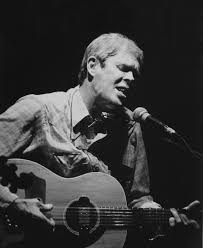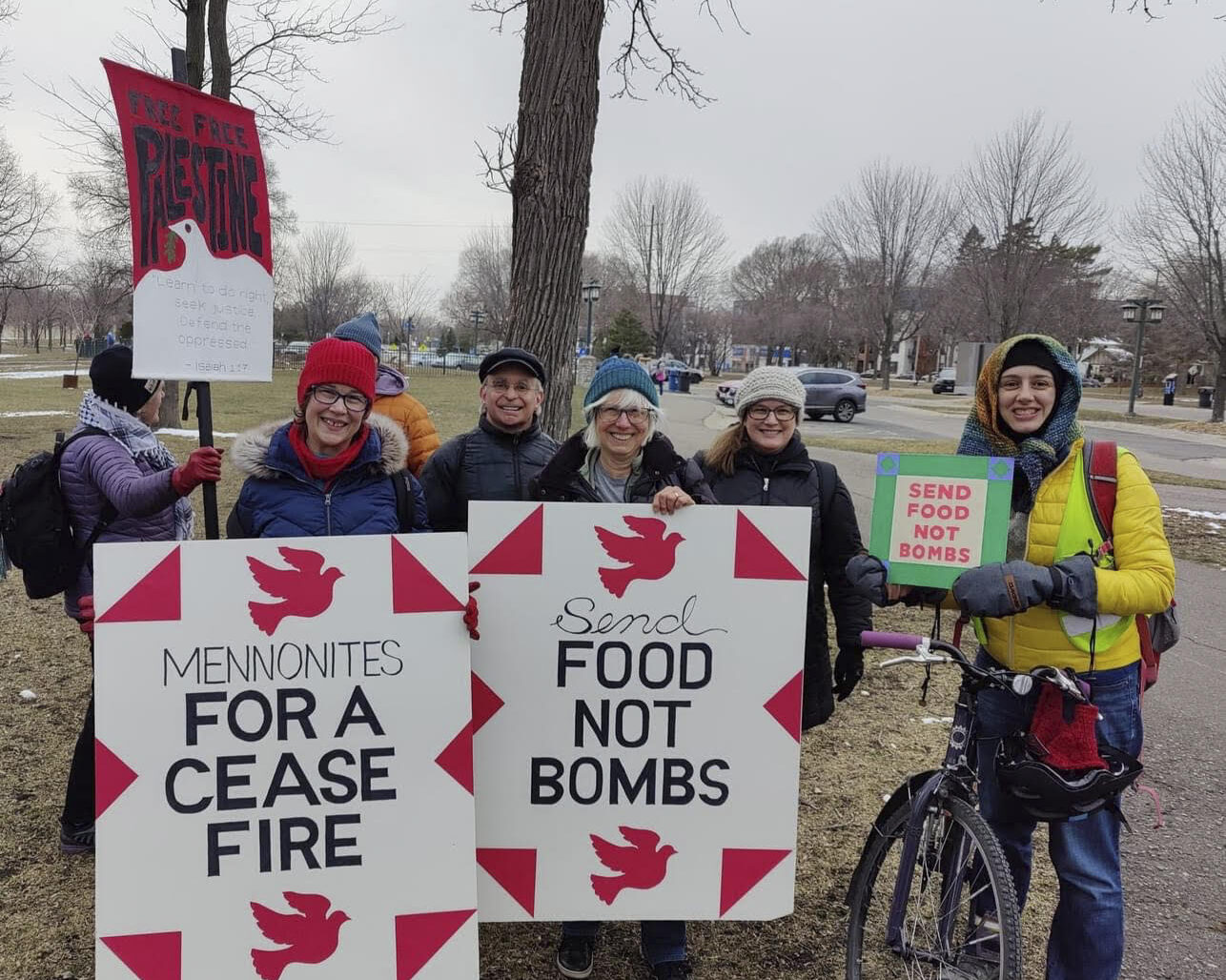BY CRAIG WOOD
“Spider” John Koerner passed away May 18 in South Minneapolis at age 85. He will be remembered for his unique musical style and contributions to the American folk/blues scene during the ‘60s, as well as being a wandering, guitar-totin’ troubadour who could tell a joke like nobody else. He was adored on the West Bank and beyond and performed across the U.S. and in Europe for about six decades.

John Koerner
Much has been written about his public life as a performer – how he dazzled crowds at the Newport Folk Festival, the times he spent hanging out and playing with Bob Dylan near the U of M, the reviews of the “Blues, Rags and Hollers” album he put together with legendary area musicians Dave “Snaker” Ray and Tony “Little Sun” Glover – and the influences he had on world-famous musicians including Bob Dylan. Much less is known about his personal life as a folksy simple-lifer who liked to hear a good story as well as tell one.
A lot of us enjoyed swapping stories or talking politics with him at Palmer’s Bar where he refueled almost daily with a shot of blackberry brandy and a snit of beer before going home to watch “Jeopardy.” He was an astute conversationalist but nobody’s fool and would give you a withering sneer if you crossed into bullshit territory. He was a soft-spoken guy who kept to a tight schedule later in life. “I have a shot and a puff before bed,” he said a while back.
Years ago we chatted about him moving back to Minneapolis after gigs at The Bitter End nightclub in Greenwich Village with renowned bluesman Willie Murphy didn’t work out. “I guess they thought we were going somewhere,” he said with his characteristic humility that came through whether he mentioned setting a record in New York as the youngest person ever to fly a glider plane solo or Bob Dylan regularly sending a limo around to drive him and a few other musicians out to his farm for parties. He did brag a little on Fresh Air radio once about the time he ran informally for mayor of Minneapolis and lost in a close race between him and a cartoon character – he got three votes and Mickey Mouse got four.
And he gave good advice. I recall griping to him years ago about women and he told me he wrote a song about that and started tapping his boot on the floor and in a low voice these words came out: “Some men say when it comes to women … you can’t live with them and you can’t live without them … other men say when it comes to women … you can live with them and you can live without them … either way … it’s not going to be easy.”
A statement from Palmer’s bartender Bob Samuelson said, “He was the most reluctant superstar the music world has ever known. Young musicians would often ask me about how to get John to open up to them. My reply was always ‘Don’t ask him about music. If you want to get John to talk to you, smoke a joint and ask him about astronomy, sailing, literature, anything but music.’ I always appreciated John’s humility and, especially, his dry sense of humor. Here is my favorite story about John. It’s late on a Friday afternoon and I’m sitting at the bar with a drink. John, who was using a walker at the time, comes up to me and says, ‘Hey, Bob, what are you doing?’ I said, ‘Nothing important.’ John said, ‘Do you think you could help me back to my car?’ I said sure. We walked out to cross Cedar Ave., with John on my left. When we hit the walk signal, I could see this huge truck with Wisconsin plates come rolling through the light. I grab John by the arm to pull him back and, as the asshole drives by, John and I simultaneously give him the finger. I still laugh about that from time to time.”
In person, Koerner could pass for a skinny farmer in work boots, dungarees, a faded plaid shirt and suspenders playing nickel-dime-quarter poker in a southern Minnesota VFW. He was a naturalist at heart and a vegan for decades and at one point, had a plan for an ancient sky burial – meaning, he wanted to use his corpse as a bird feeder after it was placed on a platform in a tree by his cabin that had neither electricity nor running water. Quite the opposite of a grumpy, West Bank atheist I knew who wanted to have his ashes flushed down the toilet at the Viking Bar.
He was a resourceful and curious man too. After designing telescopes and boats, he scrounged materials and built them with his hands. In a surprising comment, he said he had a tiny taste of the cremains from a Boston percussionist whose ashes he took to Africa while on a trip to see his missionary mother. He said his friend “wanted to be buried in Africa” – the birthplace of playing the bones – and didn’t think he would mind. Some may find this morbid, while others might be impressed by his uncommon honesty and/or conviction to learn about things he wondered about.
While Koerner left no shortage of fond memories for those of us in the Twin Cities, he sprinkled them around the U.S. and Europe too. My boss and wonderful friend Martin Holt from Helena, Montana, met him in Minneapolis during the mid-‘60s after his canoe was wrecked by a logjam during a river race from Montana to St. Louis. “Those boys played music all night, and in the morning, they all jumped in the river!” said Holt.
Paul Richardson from Peterlee, England, recently wrote, “Respect to a man who made time for me when I came over to Minneapolis from England.”
Maybe 10 years ago, a bartender at one of the top blues bars in San Francisco, the Saloon, told me that he, along with others, talked Koerner into performing a song after discovering he was in the bar about a month ago. The bartender went on to say that he climbed up on stage and said, “Whoops, I forgot what I was going to play” and climbed back down and then climbed back up and said, “Now I remember.” When I told him about this he said, “I used to do all kinds of stuff like that,” recalling when he climbed up the curtains backstage and stuck his head out to greet the audience before the show opened. A little later he spoke reverently about playing in San Francisco’s North Beach district during the late ‘60s in a daily exchange for a bed, a big sandwich and a carafe of wine.
We worked together for a couple of days on a construction job in Boston during the summer of 1987. A mutual friend of ours had a job remodeling a Victorian house for an M.I.T. rocket scientist and we both needed money. Our job was to climb into a big foundation hole and toss out the rocks. When I told him I never thought I’d end up in hole with him in Boston throwing rocks over my head, he stood straight up and said something like, “It’s a tradition that’s been going for a long time,” and went right back to work. He could be amusing without trying.
The last time I saw him was in late April at Palmer’s talking with friends and he looked a bit thinner and more fragile. When I finally got a chance to speak with him he told me he had cancer, and it wasn’t going away. I tried to steer the conversation toward something more pleasant, so I asked him if he had a new joke. He said he didn’t and asked me if I had one. I told him no, but I said I had a funny anecdote and told it to him. “That’s not even a joke,” he said, so I said, “Well, it’ll have to do until the joke gets here.” A few seconds later, he cracked a little smile.
A bartender soon came by to tell him the Star Tribune was on the phone, and he said, “I figured they’d show up,” and told the person on the phone to call him at home and went back to talking with the friends he hadn’t seen in decades. A little while later, he shuffled out the door with a little help from some friends.






















